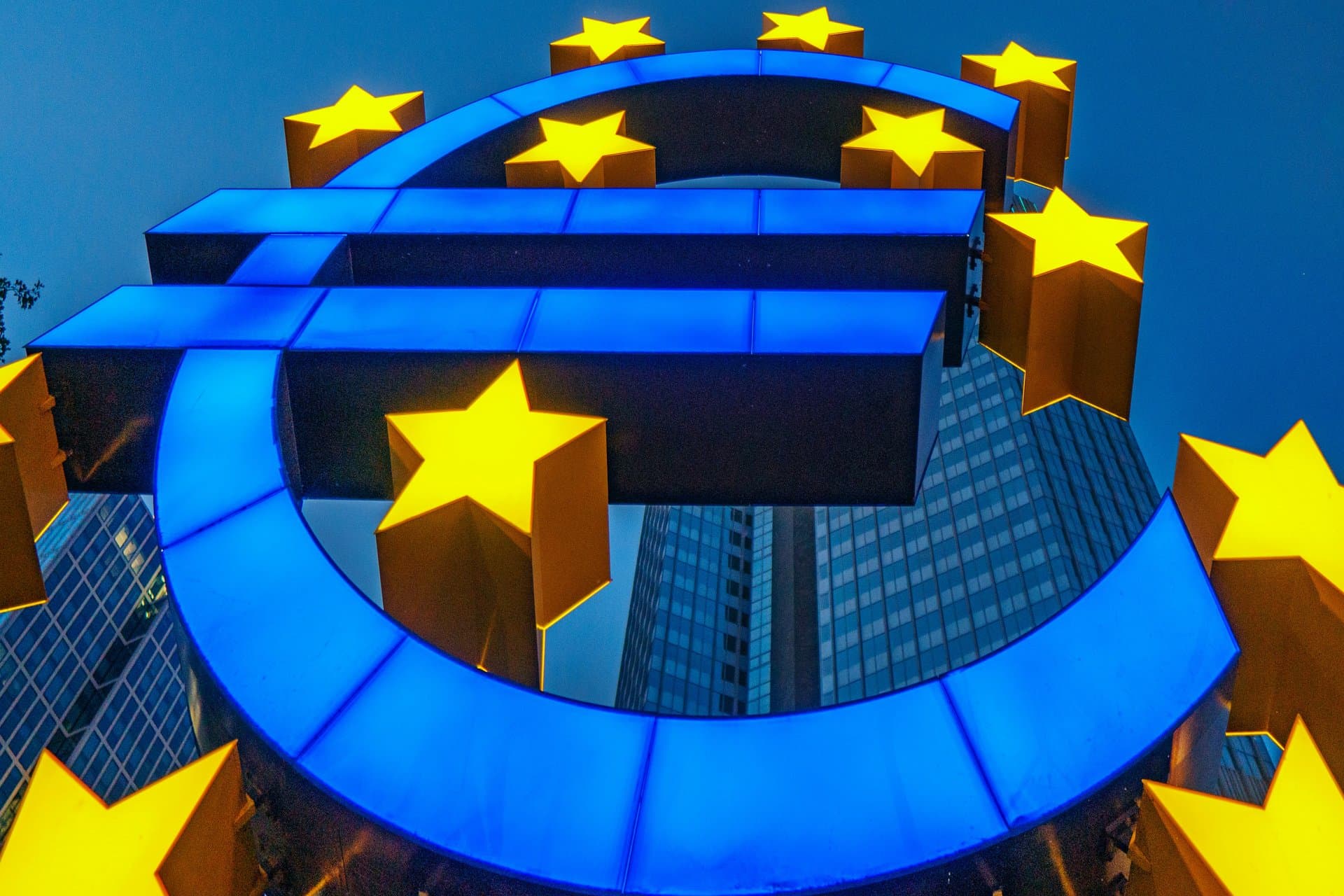Euro Adoption in Bulgaria: What It Means for Your Bread Budget
Explore how Bulgaria’s switch to the euro impacts everyday costs like bread, learn from Croatia’s smooth eurozone entry, and understand dividend updates from Shell plc in this comprehensive finance guide.

Key Takeaways
- Bulgarians may afford slightly more bread post-euro adoption if pricing is fair
- Croatia’s euro switch eased inflation fears and boosted GDP growth
- Proper price rounding is crucial to maintain purchasing power during currency change
- Shell plc offers dividends in euros and pounds sterling, reflecting currency flexibility

Bulgaria’s upcoming switch from the lev to the euro has sparked lively debate, especially about what it means for everyday expenses like bread. Using bread as a benchmark, experts show that if prices convert fairly, Bulgarians could buy nearly half a loaf more each month. Meanwhile, Croatia’s recent eurozone entry offers a roadmap, highlighting a smooth transition despite initial mental math struggles. On a corporate note, Shell plc’s 2025 dividend payments in euros and pounds sterling illustrate how currency choices ripple through global finance. This article unpacks these developments, blending data and stories to reveal what euro adoption truly means for your wallet.
Calculating Bread’s True Cost
Imagine standing in line at your local bakery, wondering if your money stretches as far as before. That’s exactly what Stanish Rangelov, head of Property and Risk Insurance, did with a simple loaf of bread priced at 3.00 leva. Dividing by the fixed conversion rate of 1.95583 leva per euro, he found the euro price to be about 1.53 euros. Sounds straightforward, right? But here’s the kicker: if businesses round this up to 1.60 euros, that tiny gain in buying power disappears.
For someone earning Bulgaria’s minimum net wage of 835.74 leva (about 427.31 euros), this math means the difference between buying 278.58 loaves or 279.28 loaves monthly. That’s nearly half a loaf more, a small but tangible boost. Yet, this advantage hinges on fair pricing and strict adherence to conversion rules. It’s a reminder that currency switches aren’t just about numbers—they’re about trust and fairness in everyday transactions.
Learning from Croatia’s Euro Journey
Croatia’s euro adoption on January 1, 2023, wasn’t a leap into the unknown but a carefully choreographed dance. Years before joining the EU in 2013, Croatians were already cozy with the euro for savings and big purchases, even while the kuna remained official currency. Entering the ERM II mechanism alongside Bulgaria in 2020, Croatia set the stage for a smooth transition.
The fixed exchange rate of 7.5 kuna per euro helped ease mental math pains, though some customers initially confused the two currencies. Retail workers like Zemira recall how it took about six months for people to adjust. Despite fears, the European Central Bank reported that 65% of prices stayed stable, 25% dropped, and only 10% rose. Croatia’s GDP growth post-adoption reflects the euro’s stabilizing effect, proving that with patience and preparation, currency change can be a win-win.
The Price Rounding Dilemma
Here’s where the euro adoption story gets tricky: rounding. The official conversion rate is precise, but human nature and business instincts often nudge prices upward. If a loaf of bread priced at 3.00 leva converts to 1.53 euros, rounding to 1.60 euros chips away at consumer gains. This subtle shift can erode purchasing power, turning a potential win into a loss.
Deputy Minister of Economy Nevena Lazarova emphasizes the need for businesses to prepare their cash registers and sales software to print receipts in both leva and euros by early August. This transparency is crucial to keep pricing honest. The lesson? Currency change isn’t just about swapping bills; it’s about the integrity of everyday pricing practices that directly impact wallets.
Shell’s Dividend Flexibility in a Multi-Currency World
While Bulgaria and Croatia navigate currency transitions, global giants like Shell plc showcase how dividends adapt to currency realities. For the first quarter of 2025, Shell announced dividends of US$0.358 per share, with euro and pound sterling equivalents at €0.3136 and 26.41p respectively. Shareholders can choose their preferred currency, reflecting a savvy approach to global finance.
This flexibility is underpinned by average market exchange rates over several days, ensuring fairness. It’s a reminder that currency isn’t just a local affair—it’s a global dance affecting investments and income streams. For investors, understanding these nuances is key to making informed decisions in a world where money flows across borders seamlessly.
Preparing for Bulgaria’s Euro Transition
Bulgaria’s euro adoption isn’t just a headline—it’s a practical challenge for businesses and consumers alike. By early August, all businesses must update their cash registers and sales software to print fiscal receipts showing totals in both leva and euros. This dual display aims to ease the transition and build consumer confidence.
The debate over holding a referendum continues, reflecting the public’s mixed feelings. EU Commerce Commissioner Valdis Dombrovskis has issued notes of caution, highlighting the long-term benefits but also the need for readiness. The key takeaway? Preparation and transparency will determine whether Bulgarians see the euro as a gateway to economic stability or a source of confusion and price hikes.
Long Story Short
The euro’s arrival in Bulgaria is more than a currency swap—it’s a test of fairness, pricing discipline, and economic readiness. The bread example shows a small but meaningful potential gain in purchasing power, but only if businesses resist the temptation to round prices upward. Croatia’s experience reassures that initial confusion fades, and economic benefits follow, including stable inflation and GDP growth. Meanwhile, Shell’s dividend flexibility underscores the euro’s growing role in global finance. For Bulgarians, the euro promises stability and integration, but the real win depends on transparent conversions and responsible pricing. Keep an eye on how businesses adapt, and remember: your purchasing power is the true currency of this change.